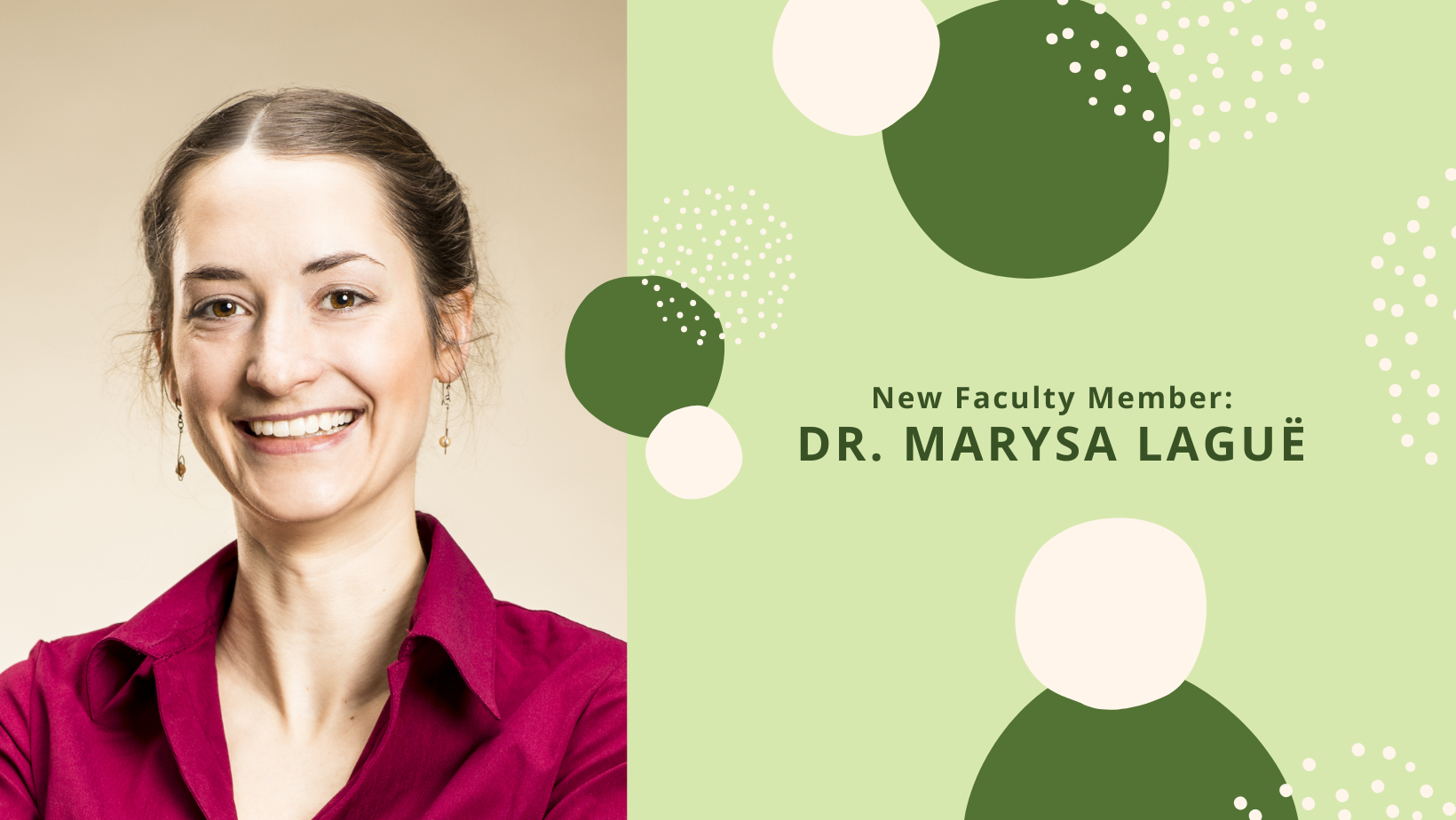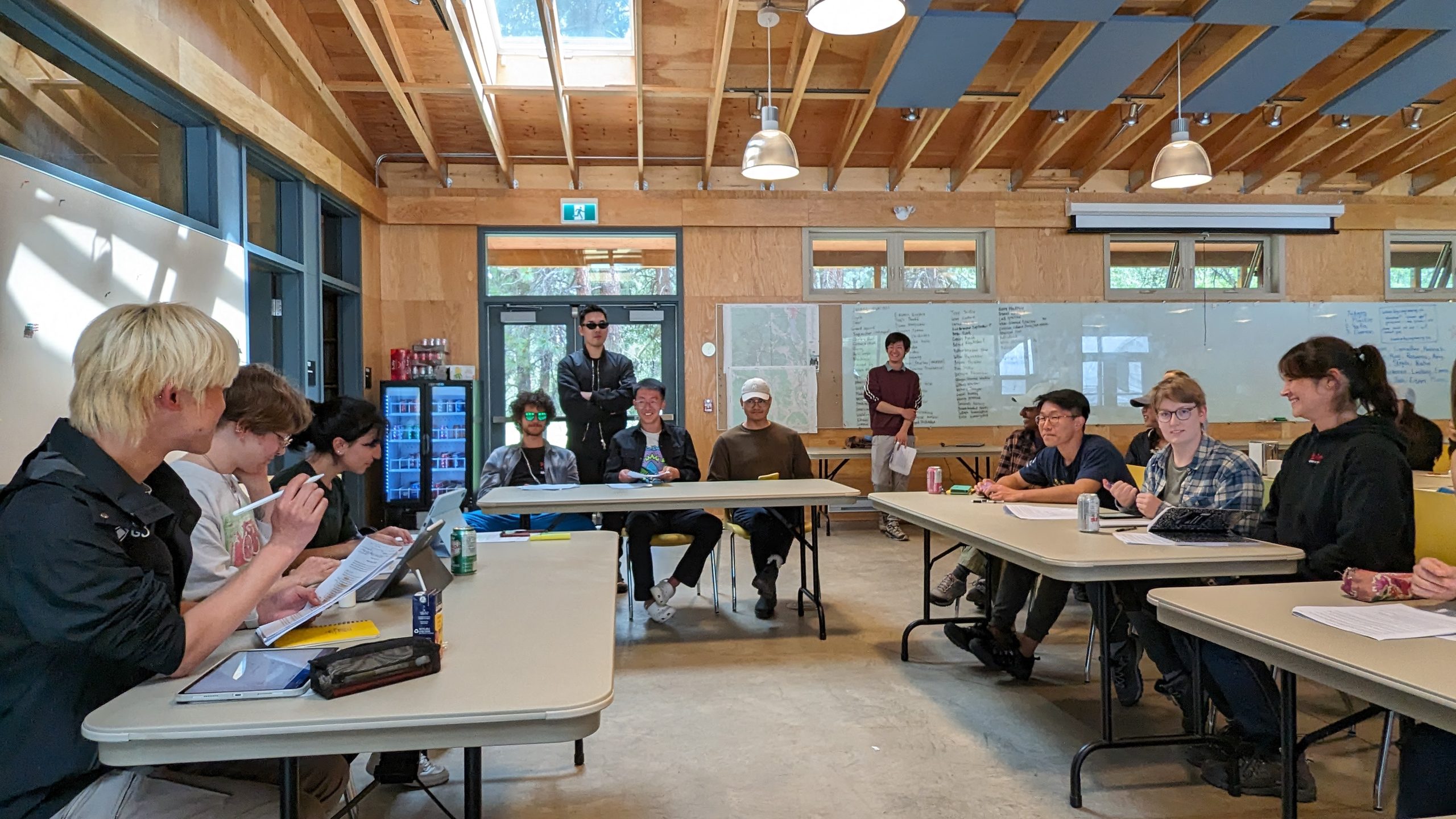A new paper from Priti Narayan and Emily Rosenman argues for a more public economic geography, in which knowledge production is open to those outside academic spaces.
From crisis to the everyday: Shouldn’t we all be writing economies?, is published in Environment and Planning A: Economy and Space.
This commentary explores the politics of writing about the economy in a culture, society, and discipline that tends to prioritize masculinist (and white) theories and definitions of economy over embodied experiences of people living their everyday lives. Inspired by Timothy Mitchell’s problematization of the economy as an object of analysis, we press further on the seemingly singular unit of “the” economy and who is allowed to define it as such.
We are animated by questions of who is considered an expert on the economy and how, or by whom, crises in the economy are recognized. Drawing from our own writing experiences during the pandemic and from social movements we research, we argue for alternate ways of thinking about experiences of and expertise on the economy. In reckoning with how social movements speak to power in a bid to transform economies, we consider the role of economic geography in the economy of writing and knowledge production surrounding “the economy” itself.
We make the case for a more public economic geography grounded in the social and economic embeddedness of knowledge production, the material consequences of who gets to define what is economically “important,” and the potential for this expertise to be located anywhere.



